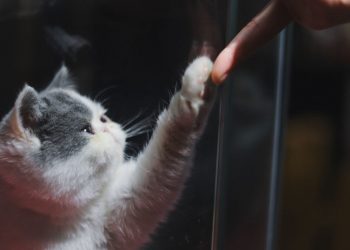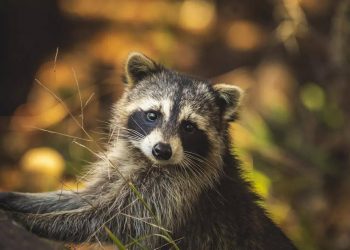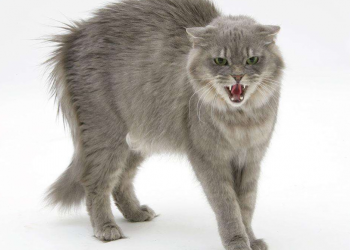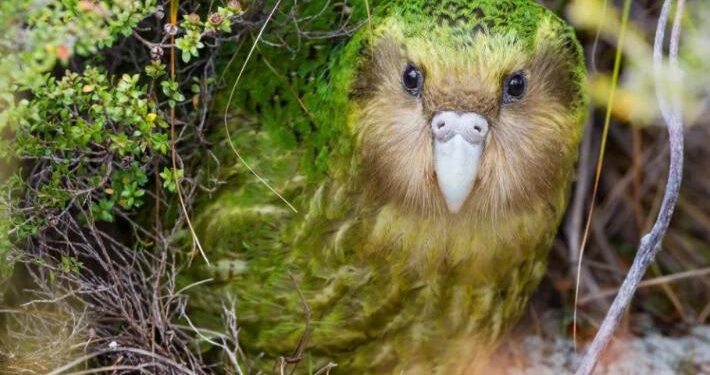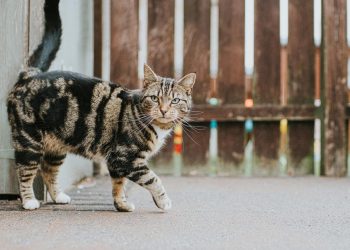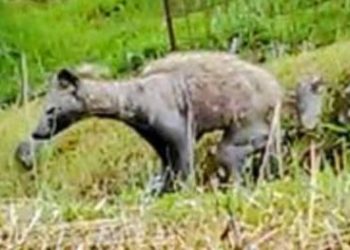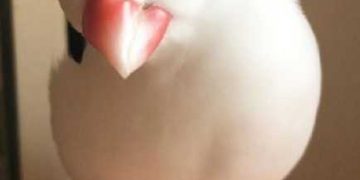New Zealand conservationists are embarking on the largest attempt ever made to eradicate introduced predators from an inhabited island.
Manaaki Whenua-Landcare Research, a crown research institute, has signed a $2.8m partnership with Rakiura/Stewart Island’s conservation group, Predator Free Rakiura, to eradicate predators including possums, rats, feral cats and hedgehogs over the next four years.
The project will also include research programmes to better understand how pests proliferate and how best to manage them.
Rakiura sits off the coast of the South Island and is about 180,000 hectares, with a permanent population of 400 people and roughly 45,000 visitors a year.
The island boasts national parks, distinctive ecosystems, significant dunes and pristine freshwater systems, and is home to many vulnerable native species including native birds, geckos and bats.
But the introduction of pests has affected its delicate flora and fauna – including the flightless national icon, the kiwi, and the lovable nocturnal kākāpō – the heaviest and only flightless parrot in the world.
“Presently Rakiura is in a state of pōuri or sadness,” said Dean Whaanga, the co-chair of predator free’s trust, Te Puka Rakiura Trust.
“On the surface a visitor might see the beautiful treasure that it is, however its true mana [power] and mauri [essence] will be recognised when the indigenous species return in numbers as seen by our ancestors,” he said.
In Māori legend, Rakiura is also known as Te Punga o Te Waka a Māui – the anchor stone of Māui’s canoe (the South Island) from which he raised the great fish (the North Island). Now it will act as a motif for anchoring the country to a nationwide predator-free goal.
“What we learn here will help to pave the way for the whole country to become predator free,” Manaaki Whenua-Landcare Research said in a statement.
Its acting chief executive, Dr Fiona Carswell, said working alongside the trust and the community is what would bring the institute’s “research to life”.
“We relish working with local knowledge and approaches to achieving biodiversity aspirations for Rakiura.”
Similar predator-free projects have occurred around the world, including on the island of South Georgia, in the south Atlantic Ocean. Its rat eradication covered roughly 350,000 hectares, but the island’s population is only 20-30 people.
While smaller, Rakiura has a much higher population and “unless someone else gets there first, Predator Free Rakiura will be the largest predator eradication to date globally with a community of this size”, Chris Jones of Manaaki Whenua told Stuff.
New Zealand’s leading independent conservation group, Forest and Bird, has praised the project, calling it a “massively ambitious and important vision” that will pave the way for environmental protection across New Zealand and around the world.
“Sixty years ago Forest and Bird members led the very first humble rat eradication on Maria Island in the Hauraki Gulf, which covers only one hectare,” its spokesperson, Dean Baigent-Mercer, said.
“It’s incredible that today New Zealand is researching the removal of all introduced predators off an island 180,000 times bigger.”

